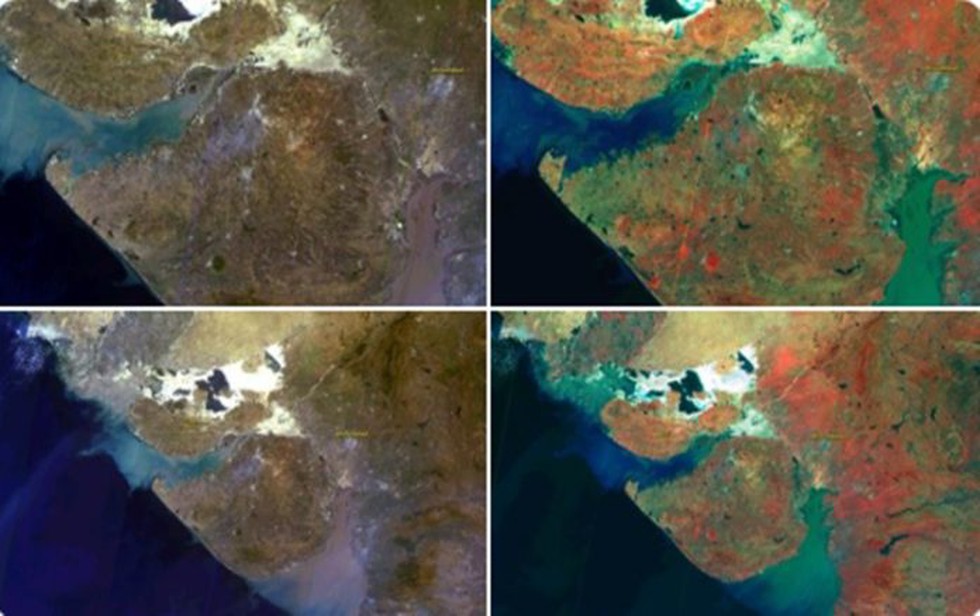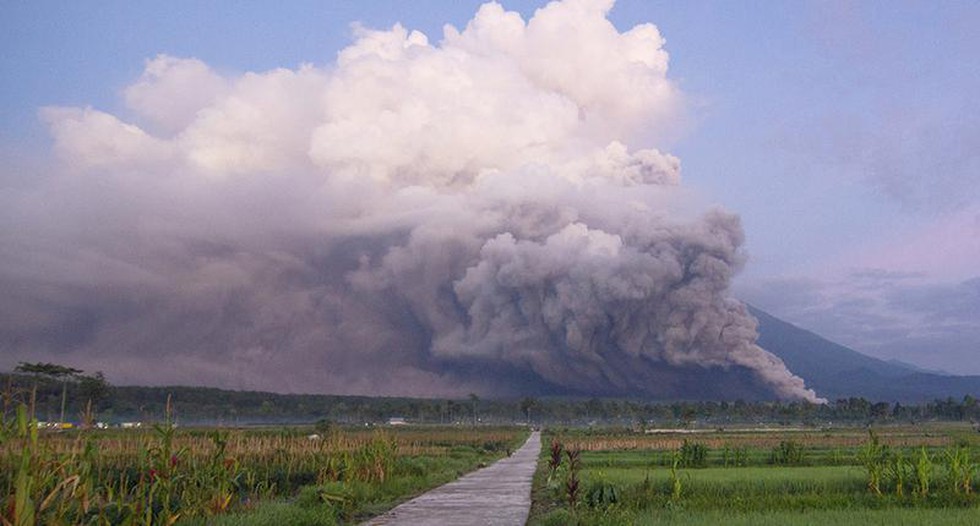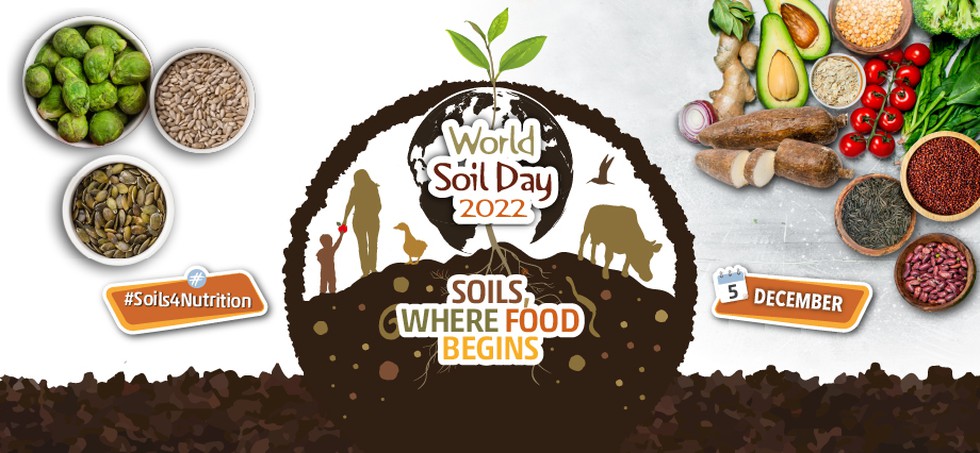1. Assam Project on Forest and Biodiversity Conservation (APFBC)
Artificial highlands where animals can escape during floods; 200+ anti-poaching camps; alternate livelihood training for local communities — these measures at the Kaziranga National Park in Assam will form the cornerstone of an Indo-French initiative.

About:
- The Kaziranga project is a part of a larger Assam Project on Forest and Biodiversity Conservation (APFBC) for which the Agence Française de Développement (AFD) has committed funding of €80.2 million for a 10-year period, between 2014-2024.
- The project conceptualised the reforestation of 33,500 hectares of land and the training of 10,000 community members in alternate livelihoods by 2024.
- APFBC Society was created by State Government of Assam as a Special Purpose Vehicle (SPV) registered under the Societies Registration Act, 1860.
- The Society has the mandate for planning, implementation, monitoring, coordination and management of all the activities proposed under the project.
- With French and Indian technical and financial support, the Indo-Pacific Parks Partnership will facilitate partnership activities for interested natural parks of the Indo-Pacific region. These activities include biodiversity conservation, wildlife management and engagement with local communities.
Kaziranga National Park
- Located in the State of Assam it is the single largest undisturbed and representative area in the Brahmaputra Valley floodplain.
- It is inhabited by the world's largest population of one-horned rhinoceroses, as well as many mammals, including tigers, elephants, panthers and bears, and thousands of birds.
- Protection status:
- It was declared a national park in 1974.
- UNESCO declared it a world heritage site in 1985.
- It became a Tiger Reserve in 2006.
- It is also recognized as an ‘Important Bird Area’ by BirdLife International for the conservation of avifaunal species
Source : Indian Express
2. First Loss Default Guarantee (FLDG) system
Two months after the Reserve Bank issued guidelines on digital lending, banks, NBFCs and fintech players are still awaiting clarity on many aspects, including the FLDG system.

About:
- FLDG is a lending model between a fintech and a regulated entity in which a third party guarantees to compensate up to a certain percentage of default in a loan portfolio of the regulated entities (RE).
- Under these agreements, the fintech originates a loan and promises to compensate the partners up to a pre-decided percentage in case customers fail to repay.
- The bank/NBFC partners lend through the fintech but from their own books. FLDG helps expand the customer base of traditional lenders but relies on the fintech's underwriting capabilities.
- A report by an RBI-constituted working group on digital lending has laid down risks of FLDG agreements with unregulated entities. The other concern is that FLDG costs are often passed on to customers.
Source : Indian Express
3. International Civil Aviation Organisation (ICAO)
India is among the top 50 countries with best aviation safety in the latest ICAO rankings.

About:
- In the rankings by the ICAO, India is now at the 48th position, a "quantum leap" from the 102nd rank it had in 2018. The rankings are for 187 countries and assessments were done at different points of time.
- Under its Universal Safety Oversight Audit Programme (USOAP) Continuous Monitoring Approach, an ICAO Coordinated Validation Mission (ICVM) was undertaken from November 9 to 16.
- The rankings are topped by Singapore with a score of 99.69 per cent. It is followed by the UAE at the second position and the Republic of Korea is at the third place.
- With a score of 49 per cent each, India and Georgia are at the 48th position. Neighbouring Pakistan is at the 100th spot with a score of 70.39 per cent.
What is ICAO?
- ICAO is funded and directed by 193 national governments to support their diplomacy and cooperation in air transport as signatory states to the Chicago Convention (1944).
- ‘Chicago Convention’ established the core principles permitting international transport by air, and led to the creation of the specialized agency which has overseen it ever since – the International Civil Aviation Organization (ICAO).
- ICAO develops standards for global air transport and assists its 192 Member States in sharing the world’s skies to their socio-economic benefit.
- Headquarters: Montreal, Canada
- Functions:
- to maintain an administrative and expert bureaucracy (the ICAO Secretariat) supporting diplomatic interactions
- to research new air transport policy and standardization innovations as directed and endorsed by governments through the ICAO Assembly, or by the ICAO Council which the assembly elects.
- conducts educational outreach, develops coalitions, and conducts auditing, training, and capacity building activities worldwide per the needs and priorities governments identify and formalize.
- Once governments achieve diplomatic consensus around a new standard’s scope and details, it is then adopted by those same 193 countries in order to bring worldwide alignment to their national regulations, helping to realize safe, secure and sustainable air operations on a truly global basis.
Source : Business Standard
4. Oceansat-3
Prime Minister Narendra Modi has recently shared the first satellite images of Gujarat and Arabian Sea sent by the newly launched Oceansat-3 satellite from space.

About:
- ISRO’s PSLV-C54 rocket launched the Oceansat-3 along with eight nano satellites, including the Bhutan-SAT, from Sriharikota.
- Oceansat-3 is the third in its set of ocean satellites that are part of India’s ocean observation programme.
- It is a multi-sensor observation satellite, which is expected to operate till 2027.
- The Oceansat-3 is envisaged to observe ocean colour data, sea surface temperature (SST) and wind vector data to use in oceanography, climatic and meteorological applications. It also supports value-added products such as potential fishing zones.
- Oceansat-3, in tandem with Oceansat-2, will improve the receptivity of ocean colour measurements to every 24 hour and wind vector measurements to every 12 hour and help predict cyclones better.
Source : Times of India
5. Strep A bacterial infection
The number of Strep A infection cases have increased recently in the UK, especially after COVID-19 restrictions are no longer mandatory.

About:
What is Strep A?
- Strep A, also known as Group A Streptococcus, is a bacterium found in the throat and on the skin.
- It can cause many different infections, ranging from mild to serious. Some of these diseases include Strep throat, Scarlet fever, Impetigo,Necrotizing fasciitis, Cellulitis etc.
- These are communicable and can spread through coughs, sneezes and close contact.
- These infections usually tend to be fairly harmless but in very rare circumstances when the bacterium produces a toxin it can gain access to the bloodstream and cause really serious illness.
- Antibiotics are usually effective at treating Strep A or iGAS infections. Currently, there is no vaccine available to prevent them.
Source : Times of India
6. Iran’s Morality Police
Iran’s morality police has been abolished following months of protests triggered by Mahsa Amini's death.

About:
- The morality police is known formally as the Gasht-e Ershad or "Guidance Patrol".
- They were established under hardline president Mahmoud Ahmadinejad, to "spread the culture of modesty and hijab", the mandatory female head covering.
- The unit began patrols in 2006.
- The Gasht-e Ershad are part of the police force and supervised by Supreme Leader Ayatollah Ali Khamenei, but the elected government has a say in their activities through the Interior Ministry.
- Both men and women officials are part of the morality police.
Functions:
- It was constituted to enforce the rules on morality and the public appearance of women, especially wearing the hijab.
- The hijab became mandatory four years after the 1979 revolution that overthrew the US-backed monarchy and established the Islamic Republic of Iran.
- Not only the enforcement of hijab, but the implementation of other rules on public appearance and conduct, according to the Iranian authorities’ interpretation of the Sharia, are also the responsibility of the police.
- In 2010, for instance, Iran’s Ministry of Culture and Islamic Guidance issued a template for suitable haircuts for men in order to halt Western influence on culture, and the morality police were tasked with enforcement at salons.
Source : Indian Express
7. New Railway Management Service (IRMS) Examination
The Ministry of Railways recently announced that from 2023 onwards, recruitment to the Indian Railways Management Service (IRMS) will be done through a specially designed examination conducted by the Union Public Service Commission (UPSC).

About:
- This will be a major departure from the current system of recruitment, which does not have a unique examination for IRMS.
- Like the Civil Services Exam (CSE), the new IRMS exam will be two-tiered —
- a preliminary screening examination and
- a main written examination and interview.
- It will be used to recruit officers to Group A services of the Indian Railways.
- Group A IRMS officers can serve in any of the 10 different organised railway services, divided into three separate cadres: technical services, administrative and accounts services, and medical services.
- Candidates need to appear for the Civil Services (Prelim) exam.
- This will be followed by a specific IRMS (Main) examination which will consist of four papers of conventional essay-type questions.
Exam Pattern:
- Part 1 (Qualifying papers) will comprise two separate essay-type papers for 300 marks each.
- One will be a test on any Indian language included in the Eighth Schedule of the Constitution (at present, 22 languages).
- The other will be an English language test.
- Part 2 (Papers to be counted for merit) will comprise two optional papers for 250 marks each.
- The candidate is supposed to choose any one optional subject.
- The list of subjects available are:
- Civil Engineering
- Mechanical Engineering
- Electrical Engineering
- Commerce and Accountancy
- Part 3 will be a personality test.
- This will be for 100 marks.
Eligibility:
- The minimum educational qualifications include a degree in engineering, commerce, or chartered accountancy.
- This means that the IRMS will no longer have officers with a background in social sciences or the pure sciences.
Source : Indian Express
8. Mount Semeru Volcano
Mount Semeru volcano erupted recently triggering top alert status.

About:
- It is located in Indonesia.
- It is one of the East Java Island’s tallest volcano.
- Semeru’s last major eruption was in December 2021.
- Semeru, also known as Mahameru, has erupted numerous times in the past 200 years.
Indonesia:
- An archipelago of 270 million that sits along the Pacific Ring of Fire, Indonesia is one of the most disaster-prone nations on earth.
- Pacific “Ring of Fire”: It is a horseshoe-shaped series of fault lines, and is prone to earthquakes and volcanic activity.
- With 142 volcanoes, Indonesia has the largest population globally living in close range to a volcano, including 8.6 million within 10km (6.2 miles).
Source : The Hindu
9. Parakram Diwas
Parakram Diwas will be celebrated at Jaisalmer Military Station and Longewala War Memorial in Rajasthan on December 5.

About:
- It is observed to mark the 51st anniversary of India's victory in the Longewala battle during the 1971 war.
- The Longewala battle between India and Pakistan in 1971 was one of the biggest and most decisive battles.
- On the night of 04/05 Dec 1971, Pakistan forces comprising 4000 soldiers, T-59 & Sherman tanks, and a medium artillery battery attacked Longewala border post held by 23 PUNJAB.
- Inspite of being outnumbered, Indian soldiers gallantly held the post and requisitioned support of IAF.
- At the dawn of 5th Dec 1971, the Hunter aircraft based at Jaisalmer wreaked havoc on the Pakistani troops with their devastating fire power.
Source : All India Radio
10. China-Indian Ocean Region Forum
On November 21, China’s top development aid agency convened the first “China-Indian Ocean Region Forum” in the southwestern Chinese city of Kunming.

About:
- The meet organised by the China International Development Cooperation Agency (CIDCA).
- The forum was “the first high-level official development cooperation forum jointly held by China and countries in the Indian Ocean Region”.
- The forum underlines China’s growing strategic interests in a region where its economic footprint has been deepening.
- During the forum, China “proposed to establish a marine disaster prevention and mitigation cooperation mechanism between China and countries in the Indian Ocean region”.
- All parties agreed to strengthen policy coordination, deepen development cooperation, increase resilience to shocks and disasters, and enhance relevant countries’ capacity to obtain economic benefits through use of marine resources such as fisheries, renewable energy, tourism, and shipping in a sustainable way.
Source : The Hindu
11. World Soil Day 2022
December 5 is observed as the World Soil Day (WSD).

About:
- It aims to highlight the value of healthy soil and to promote the sustainable management of soil resources.
- In 2014, the United Nations Food and Agricultural Organization (FAO) declared December 5 as ‘World Soil Day’.
- The day was chosen as it coincides with the birthday of Thailand’s king, HM King Bhumibol Adulyadej, who led the programme and made it happen.
- Theme: "Soils: Where food begins".
Source : Economic Times





























































































































































.png)
.png)
.png)
.png)
.png)


.png)
.png)
.png)





.png)
.png)






.png)
.png)
.png)
.png)
.png)
.png)
.png)
.png)
.png)

.png)







.png)
.png)


.png)
.png)
.png)


.png)

.png)
.png)





.jpg)

.png)
.png)


.png)

.png)
.png)
.png)

.jpg)

.jpg)


.png)

.png)
.png)
.png)
.png)
.png)
.png)
.png)
.png)
.png)
.png)




.png)

.png)





.png)
.png)
.png)
.png)
.png)
.png)
.png)
.png)
.png)
.png)
.jpg)
.jpg)

.png)
.png)
.png)
.png)
.png)
.png)
.png)
.png)
.png)
.png)
.png)
.png)
.png)
.png)
.png)
.png)
.png)
.png)
.png)
.png)
.png)
.png)



.png)
.png)

.jpg)
.jpg)


.jpg)
.jpg)
.jpg)
.jpg)
.jpg)

.jpg)








.jpg)
.jpg)
.jpg)
.jpg)
.jpg)

















.jpg)
.jpg)







.jpg)


















.jpg)
.jpg)



























































































.jpg)
.jpg)


























.jpg)

.jpg)










.jpg)








.jpg)




.jpg)










.jpg)


















.jpg)












































.jpg)














.jpg)
.jpg)
.jpg)





.jpg)

.jpg)
.jpg)





































































.jpg)


































.jpg)
.jpg)
















































.jpg)












.jpg)


.jpg)




.jpg)
.jpg)
.jpg)

.jpg)
.jpg)
.jpg)
.jpg)

.jpg)
.jpg)
.jpg)

.jpg)
.jpg)
.jpg)
.jpg)
.jpg)
.jpg)
.jpg)
.jpg)

.jpg)


.jpg)
.jpg)
.jpg)
.jpg)
.jpg)
.jpg)
.jpg)
.jpg)
.jpg)
.jpg)











.jpg)
.jpg)





.jpg)
.jpg)
.jpg)
























.jpg)
























.jpg)









.jpg)
.jpg)







.jpg)
.jpg)









































.jpg)
.jpg)
.jpg)
.jpg)
.jpg)

.jpg)
.jpg)
.jpg)
.jpg)
.jpg)


.jpg)
.jpg)
.jpg)
.jpg)
.jpg)

.jpg)
.jpg)
.jpg)
.jpg)
.jpg)
.jpg)
.jpg)
.jpg)
.jpg)
.jpg)
.png)

.png)
.png)

.png)
.png)
.png)
.png)


.jpg)
.jpg)

.jpg)
.jpg)
.jpg)

.png)
.png)
.png)
.png)
.png)
.png)
.png)

.png)
.png)
.png)
.png)
.png)
.png)
.png)
.png)
.png)
.png)





































































-min.png)



.png)




.png)








































